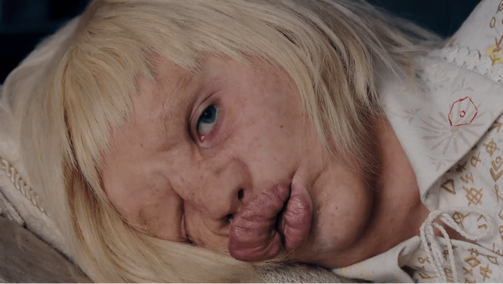 It’s Disability Pride Month, and to celebrate, I recently did a top 5 list for good representations in the horror genre... ...It brought to light a very positive trend I hadn’t consciously been aware of before, that I hope continues into future films. But it also got me thinking about how far disabled representation in horror has come, and where it started from. With that in mind, I present, in alphabetical order, a top 5 for bad representations. Along the way, I’ll do my best to point out what, for me as a disabled horror fan, doesn’t work about them. And don’t be surprised if something from the good list has made its way over to this side. Horror representation is a complex spectrum, and still has much to learn. The "Bird Box Challenge" and Bird Box (2018) I don’t necessarily have too much of a problem with this one as a film. It’s tense and effective, but certainly has its issues. My biggest issue with Bird Box is what it spawned. The premise of the film is that the only way to survive the monster plaguing the town is not to look at it. To look at it is to go so insane that you’re driven to suicide. The way Malorie (Sandra Bullock) and her children are able to survive the trip to the only safe place left (a former school for the blind populated by, you guessed it, blind people and their caretaking staff) is to blindfold themselves. Not the best plot, if we’re honest. Blindness seems to be one of those disabilities that pops up in horror movies primarily as either a survival mechanism or some kind of marker for the mystical, both of which are pretty played out. Nevertheless, the worst thing Bird Box ever did was spawn the idea of the “Bird Box Challenge”, where people try to go about their daily tasks while blindfolded. If you wanna do housework in a blindfold in the confines of your own house, that’s your business, but the minute you start taking it outside, you’re endangering people’s lives. Netflix issued warnings not to participate in the challenge after things got out of hand with people trying various activities that resulted in injury to themselves and others, and state officials in Utah had to do the same after a 17-year-old girl drove into oncoming traffic trying to do the challenge. It also sparked some exhausted outrage from the blind community trying to explain to able-bodied people how it doesn’t work that way. Maybe the first time in recent years I began to worry we forget the lines between movie events and real life. Maddie in Hush (2016) She’s back, just like I said she would be. Hush’s placement on this side of the coin does not in any way detract from how much I absolutely love everything about it. It still centers on a disabled woman (Kate Siegel) who wins the fight for her life using things able-bodied people never have to consider, and for that it deserves a spot on the good side. Rather, it’s on this end of things because the story is essentially wholly dependent on the fact that she is disabled. The movie wouldn’t work if she weren’t. And while it’s fantastic that she’s a total badass survivor, the trap a lot of movies with good intentions fall into is building everything around, not the person as a whole, but the person’s disability. Take out that one element and some stories either fall apart or don’t make sense anymore. Representation is great and necessary, but if it means forgetting the rest of the person, it’s not the best. You can survive because of rather than in spite of a disability, but it’s allowed to not be your only distinguishing character function. Ruben in Midsommar (2019) Listen, I love Midsommar more than I even expected to when I heard about it. It’s got all my favorite elements: cults, terrible men getting their comeuppance, Florence Pugh, flower crowns. I also know who the true villain of the story is. Midsommar works so well because the villain is so smoothly sinister it almost tricks you into thinking it’s not the villain at all. That’s how cults work, after all. Beyond what it does to Christian and Dani, perhaps the cult’s most evil move is what it does to Ruben (Levente Puczko-Smith). Ruben is the community Oracle, “chosen” by the cult members. Disabled figures as mystic are some of the oldest character templates in the game, but Ruben is on a whole other level. He was born disabled, yes, but he was born that way because there is a strain of the community from which all the Oracles originate, all of whom are the only ones who are intentionally inbred because their mental deficiencies open them up to things the rest cannot access. Which is, like, really fucked up. Here’s hoping the director’s cut has more to say about it. Slasher villains. Almost all the slasher villains. Slasher villains were kind of the gateway into my niche interest area of disability representation in film. Everywhere you turn in a slasher, the villain is the deformed one, the one out for revenge against a group or society who shun them. On the plus side, we as horror fans usually end up cheering for these guys because the kids they’re after are so terrible. On the downside, casting disabled figures almost exclusively as villains in and outside horror communicates—has always communicated, sometimes on purpose, eventually subconsciously—that disabled bodies and minds are the worst case scenarios, the things meant to be feared the most and ultimately eliminated. Not super great to see when you’re a fan looking for yourself on screen and all you can find is the one thing everyone runs from. Don’t get me wrong, I love them, but seeing so many villains is why I started championing more heroic representations. Verbal in The Usual Suspects (1995) So many things about this movie are not great. Some of the people involved are kind of the worst. I actually don’t watch this movie anymore because of the godawful people involved in it but felt it should be included because I remember how it felt to watch it for the first time. “Verbal” Kint (Kevin Spacey) is a con man being interviewed by the cops about a massacre that only he and one other person survived. He spins a tale of how he and his fellow conmen got to the scene, and about the crime lord that got them there. The tale he’s telling is less important to me than Verbal himself, who has Cerebral Palsy. I don’t know if you know how hard it is to find Cerebral Palsy representation in film, but I can assure you, it’s difficult. I can think of three tv shows, fortunately all of which have actors who have Cerebral Palsy playing the characters, and this movie. I found this movie before any of those shows were even made, and even though I went in knowing that of course Kevin Spacey doesn’t have CP, to see a character as close to “like me” as possible without being my specific type, was thrilling. I get the same feeling every time I see someone with the characteristic limp of someone with CP, onscreen and in real life (we’re not that rare statistically, but hard to find in the wilds of the real world…social media has connected me with far more than I’ve ever met in person), but Usual Suspects was the first time ever. So, imagine for a moment the shock of the twist for me. Not the twist of his actual role in the group, but the twist of his disability. He never had it. He faked it the whole time, to be above suspicion, to look weaker and play on people’s pity. One of the last shots in the film is him straightening out his foot and walking away, perfectly fine. I watched it happen, let the reality of what I had just seen sink in, and was horrified. The closest thing I’d ever seen to genuine representation for me, and it was all a fake to get away with the perfect crime. I am willing to accept able-bodied actors playing disabled roles if I have to, but an able-bodied actor playing an able-bodied character who fakes a disability for any reason feels like an extra slap in the face. I can’t tell you how often I wished I could just straighten out my stance and walk away with no issue when I was younger. How often I wished it was as simple a fix as a turn of the foot and suddenly all my problems would be solved. Maybe Usual Suspects isn’t horror to most, but it is horrific to me, even before all the shit came out about the actual people. It’s on the bad list because, as it turns out, the cruelest trick Verbal Kint ever pulled was convincing the world he did exist. Disabled representation in any genre is a tricky battle that doesn’t feel like it’ll ever be over, but I am grateful to horror for being the one place to bring us more frequently to the table in all of our messy glory. Sometimes we’re annoying, because it’s annoying to be overlooked by a group that pretends to want to accept you; sometimes we’re presented with our disabilities at the forefront, because that’s all anyone wants to see about us. But we’re always badass, and we always deserve a real space at the table. Happy Disability Pride month! By Katelyn Nelson Enjoy Katelyn's writing? Leave her a tip here through Ko-fi!
0 Comments
Leave a Reply. |
Archives
March 2023
|
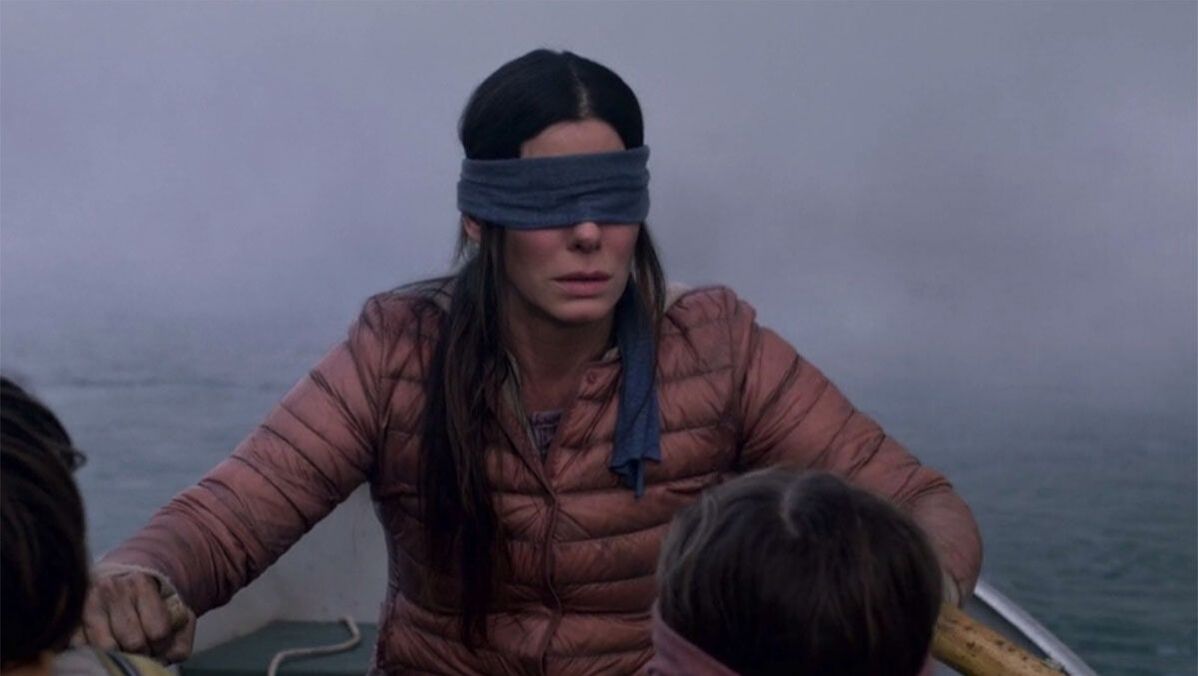
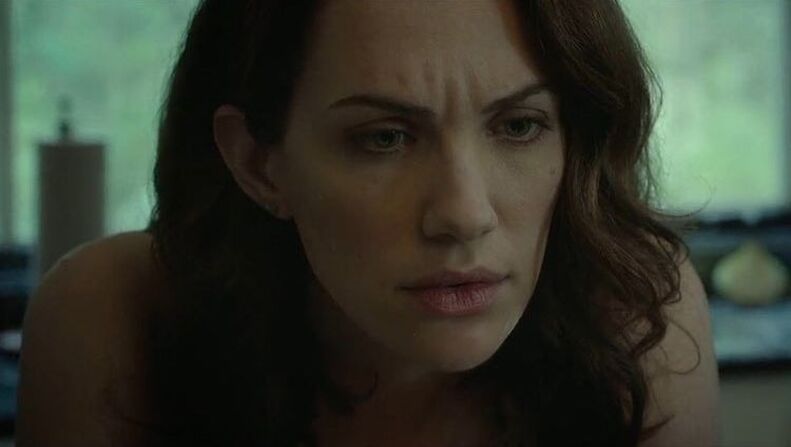
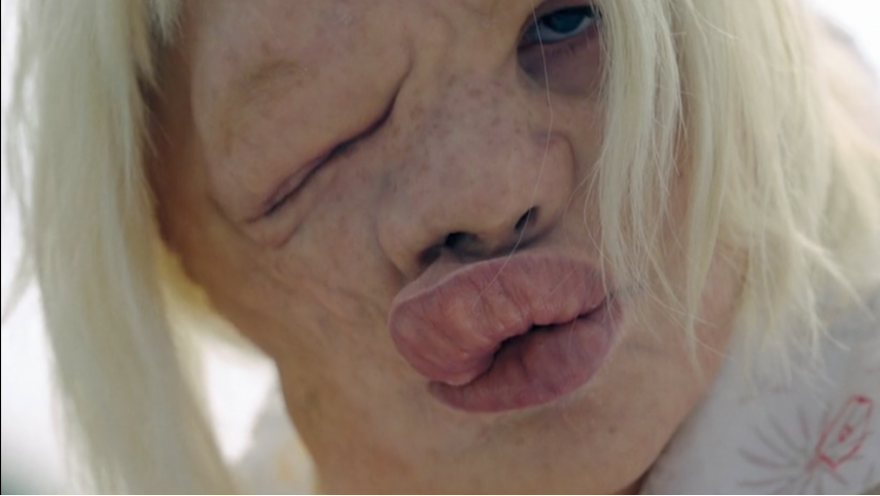
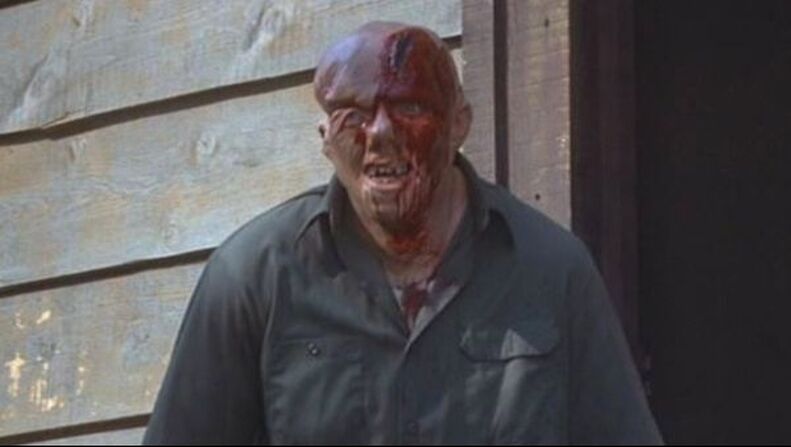
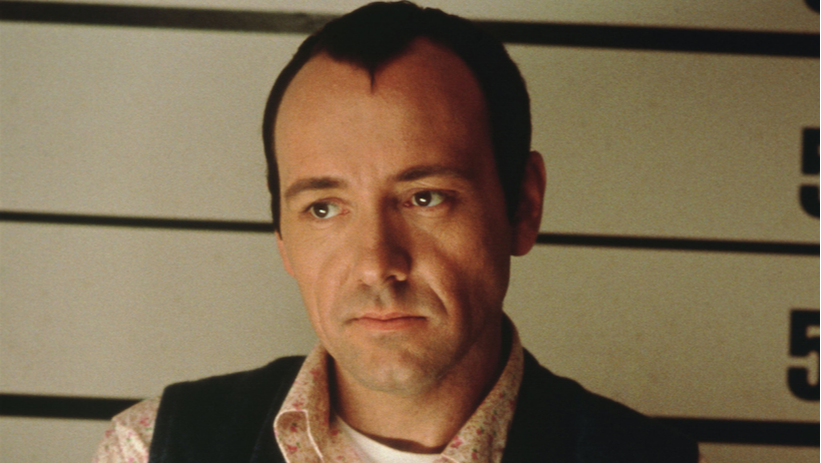
 RSS Feed
RSS Feed